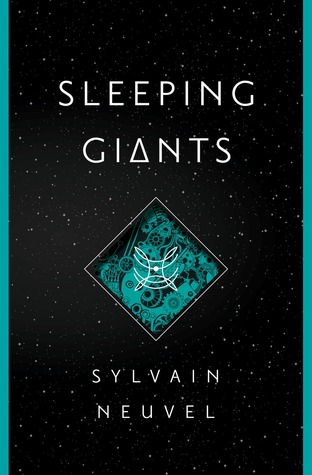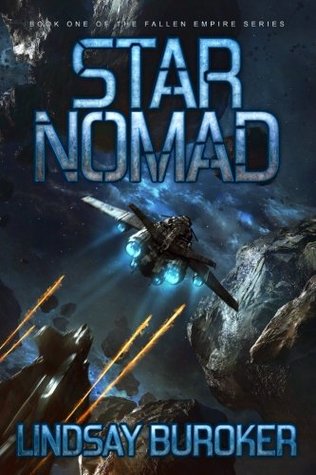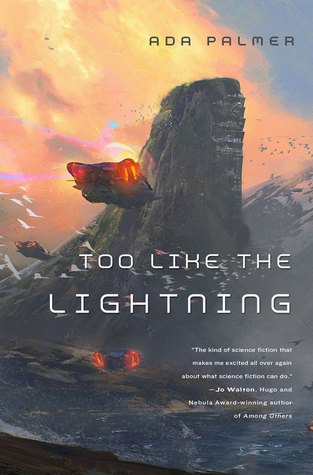I think that it is safe to say that a lot of fiction is for the most part easy to categorize. And while we are seeing a lot of work lately that you could say, crosses over, and I'm not sure that we would really want to label it "speculative."
For one thing, I think that the term only fits when the author begins the work with that in mind, and only when they are actually speculating in the strictest sense of the word.
As other people have said in the past, and better than myself I should add, it seems to me that trying to define a genre by grouping things together serves only the marketing department at the different publishers. As a reader I don't look for books based on what I think the publisher's marketing thinks the book is. They use it as a tool and more and more like a crutch. Since they have few other options to get their products - and that is exactly what they see the books as - in front of their readers. You can argue about this as much as you like but in the end, the reader is the one that will see in it what they want.
So what is speculative sci-fi? Or even speculative fiction, if only a genre?

Speculative Fiction
For me speculative fiction, and this can be sci-fi but it does not need to be, simply deals with works that ask the question: "What if?"
These are works of fiction that may use another world to hold a mirror up to our own. Almost all speculative fiction could also be described as SF, fantasy, alternate history, etc, but much less SF, fantasy and alternate history could be described as speculative fiction, although there's still a massive overlap. I don't think it's really a hard division either, you could say that it is a little bit like a sliding scale, many authors choose to work in multiple genres and, while they may be lumped together with the other speculative authors they are not in fact always in that category. I would say that this is even true about specific books, for many of them you could argue either way.
I think that this is as good of time as any to mention Terry Pratchett, the beloved author of the Discworld books and many more.
.jpg)
Many consider "Thud!" a work of speculative fiction, more so even that some of his early works like "The Colour of Magic", and I full see where they are coming from. Both books move in very much a manner that is akin to speculative fiction, though neither book has ever been placed under that category.
This isn't a random mistake by the publishers, they knew their audience, and they knew what they wanted. As with any genre, it is simply a category, there are many exceptions as there are adherents to the rule and Terry Pratchett was the brand, so it is no wonder that they left things alone. The publisher didn't need to go looking for potential readers.
I find the whole notion of genre fascinating, mostly because I think that it is a never ending conversation instead of a definitive system of classification, genres are always in flux.
Authors who might typically be labeled genre fiction authors, Atwood comes to mind, have in recent years stepped our of the confines of their own genre and have become more and more highly respected, I think the debate will only get more complex and we will be rewarded as readers with some of the best works.
Genre As A Tool
Genres are largely tools for publishers. And since we have hinted about this in the previous paragraphs I wanted to go into it a little further and maybe shed some more light on how the industry works.
It is obvious that genres are way to categorize works for the book industry and to sell books targeted at a specific, or perceived audience. This also works to categorize potential readers and supply them with authors and books they may or may not be interested in. It strike me as a little odd, and limiting as a reader, but then it seems to work well enough, and I know plenty of people that are very attached to their genre.
But this leaves you with situations where many readers "won't read fantasy" or "only read fantasy," which is why genres are important for the publishers. Though they are limiting and damaging for authors who don't fit nicely into the different boxes.
How does this work? It is easy, your books get sorted into genres based on the preconceived audience that is being targeted. It is more an emotion or superficial look at the work. The categories themselves are inherently blurry and the reason a book gets labeled sci-fi or fantasy, for instance, is nothing more than because it was in fact labeled that way. It is scary to think that a lot of readers are missing perfectly good opportunities to expand their library just because somebody at Random House or any of the other big publishers decided because a book talks about computers/space/alien life in one chapter that it is inherently sci-fi.
Of course the use of genre labels is used outside the organization of bookstores, and many of the different entertainment branches use them. But they use them differently. What I mean is there are no standard definitions of what a genre is and is not.
While it can be a rewarding piece for discussion, understanding the different ways books are and are not related, it is one that is as influenced by publisher bias as it is reader bias. No matter what, people are going to talk past each other in defining their own genres.
Trust me, it happens every time.
If you ever intend in engaging in such a debate, remember how important it is to identify what it is that you are trying to accomplish with the label.
 Paper Girls, Vol. 1by Brian K. Vaughan
Paper Girls, Vol. 1by Brian K. Vaughan The Long Cosmosby Terry Pratchett, Stephen Baxter
The Long Cosmosby Terry Pratchett, Stephen Baxter Sleeping Giantsby Sylvain Neuvel
Sleeping Giantsby Sylvain Neuvel The Buntline Specialby Mike Resnick
The Buntline Specialby Mike Resnick Star Nomadby Lindsay Buroker
Star Nomadby Lindsay Buroker Too Like the Lightningby Ada Palmer
Too Like the Lightningby Ada Palmer